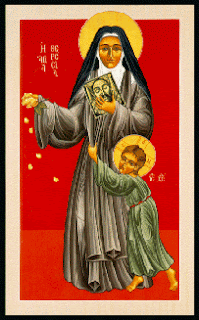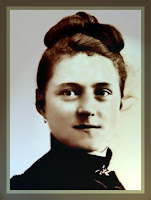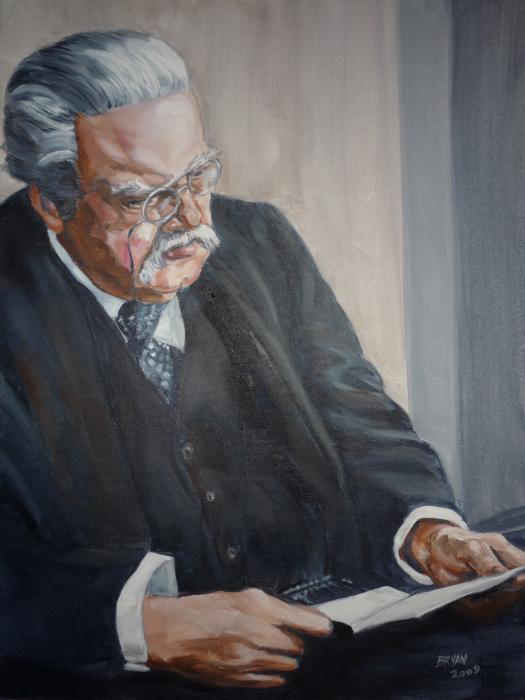 I have friends, good Catholic friends, who seem to relish nothing more, especially after a couple of beers or in the case of our men’s group while chomping coffee and donuts, than to bemoan the pitiful state of contemporary culture. You know the litany. A conservative Catholic cultural critique can be merciless. (A liberal Catholic cultural critique is an oxymoron.)
I have friends, good Catholic friends, who seem to relish nothing more, especially after a couple of beers or in the case of our men’s group while chomping coffee and donuts, than to bemoan the pitiful state of contemporary culture. You know the litany. A conservative Catholic cultural critique can be merciless. (A liberal Catholic cultural critique is an oxymoron.)
I’m pretty sure now, after nearly three years a Catholic, that all such criticism is worthless.
The idea is that “the world”—the cold godless culture of death—is in sore need of conversion. This may be true; no doubt it is true. But there is little point, or honesty, in converting the world before I convert myself. Whether I’m a cradle Catholic, a convert, or a non-Catholic in discernment, what I have to do is to come myself to a conversion.
Conversion to me means turning myself completely and radically toward God, toward Jesus Christ. If I am a layperson, a husband and father, as I am, this does not mean turning away from my life commitments, from my vow of marriage, from my responsibility to provide for my family; it means to turn and open my heart continually, repeatedly, insistently to the love of God and to the presence of his Son, Jesus Christ, in my life. And to let that presence shine into my marriage, my family, my life of work.
Every serious Catholic must have a friend like my friend “Mike,” a born-Catholic guy who has turned himself away from the Church and therefore from the presence of Christ. Armed with “good reasons,” ready to take aim at every slightest failing of the Church, Mike has closed a door in his mind and will not give himself permission to open it again. What am I going to do with Mike?
My first impulse is to argue with him, to prove him wrong, to get Mike to come back, to convert. But to my continuing surprise I have found that my presence does not have the effect of, say, St. John Vianney or Mother Teresa, and all of my frontal attacks on Mike gain nothing, except Mike’s resentment. Mike’s back, when up, is immovable.
And all the time I am assuming that there’s something wrong with Mike, that I must change Mike.
I must change myself.
I’m pretty sure that if I were St. John Vianney or Mother Teresa, Mike would melt. To be in the presence of either of these saintly people must have been like being in the company of Christ. In fact, that’s probably exactly what it was. How do you explain the conversion of much of the Mediterranean basin in the century after Christ’s death? A whole lot of souls on fire.
Why is my presence any different? Why am I lukewarm? Because I am seldom in Christ’s company. I seldom think of Him. I think of Mike, though, plenty, and how far he is from Christ.
At times like these, I find that nothing works for me better than reading the saints—turning to those men and women who turned themselves so wholly to Christ. And who better to turn to than St. Thérèse of Lisieux, known in her French religious life by the name Thérèse de l’Enfant Jésus de la Sainte Face—Thérèse of the Child Jesus of the Holy Face—wow, what a name! (That’s her holy card at the top of this post.)
At the age of thirteen, already thirteen years baptized, Thérèse experienced what she called “a complete conversion.”
“God,” she wrote, “worked a little miracle to make me grow up in an instant.” Out of that conversion grew her “Little Way,” an endless rosary of little deeds of love and devotion, performed with her heart turned totally to God.
“I see that it is enough,” she wrote, ”to recognize one’s nothingness and to abandon oneself, like a child, into God’s arms.”
About the time of her “complete conversion,” at about age thirteen, she wrote:
“I didn’t have, as did the other students, any teacher with whom I was on friendly terms and could spend several hours. I was content, therefore, to greet the one in charge, and then go and work in silence until the end of the lesson. No one paid any attention to me, and I would go up to the choir of the chapel and remain before the Blessed Sacrament until the moment when Papa came to get me. This was my only consolation, for was not Jesus my only Friend? I knew how to speak only to Him; conversations with creatures, even pious conversations, fatigued my soul. I felt it was far more valuable to speak to God than to speak about Him, for there is so much self-love intermingled with spiritual conversations!”
With only one Friend, with only one Person with whom she could speak, Thérèse’s heart was turned totally toward Christ. I’m willing to bet that she would melt Mike if they met today. All I want to do is change him.
This post was written after some reflection on the introduction to “Living is the Memory of Me,” a recent talk by Fr. Julián Carrón to the Assembly of Responsibles of Communion and Liberation. You can find a link to it at the CL home page.












